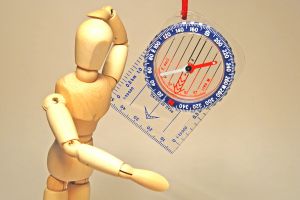

SOME weeks ago we saw new evidence that In Re Bilski still helped eliminate at least some software patents. This was not exactly unprecedented, but the cumulative evidence was new. Now there is this:
Lots of folks were upset with how the Supreme Court ruled so narrowly in the Bilski case and how they refused to make a clear statement on the patentability of software. It did seem clear that some judges didn't believe that software should be patentable, and we were just discussing how the Supreme Court might still invalidate software patents, if given a good case on the subject. In the meantime, though, as a small silver lining, it does appear that the Bilski ruling has resulted in at least some software patents tossed.
By this decision, the German two-stage approach to examination patent-eligibility of software-related inventions can be considered as established. Even though it resembles the corresponding EPO approach, it is not identical with it, since above step 2 (solving a technical problem by technical means, €§ 1 III, IV PatG) represents an additional step as compared to the EPO approach. Step 2 is, like step 1, an a-priori step not considering prior art. It thus represents a kind of coarse screening (“Grobsichtung”) to enable that only such claims are examined as to their novelty/inventiveness (above step 3) that go beyond trivial technical features.
This difference between the German and the EPO approaches might be best illustrated by the fact that a pure business method implemented on a conventional computer or computer network would in Germany be excluded as a “computer program as such” without even considering prior art, while the EPO would rejected this method for lack of inventive step since its differences over prior art only involve non-technical features.
In Germany, applicants of software-implemented methods will now be on the safe side as regards technicality issues, if the invention is claimed within an embedded system framework, i.e. as a method controlling a technical apparatus or collecting, evaluating and processing (technical) data by means of a technical apparatus.
The recent development of case law in Germany is to be considered positive for applicants of software inventions, as it overcomes the earlier investigation of the individual case and thus creates legal certainty due to an easier-to-understand and thus easier-to-adopt examination systematics.